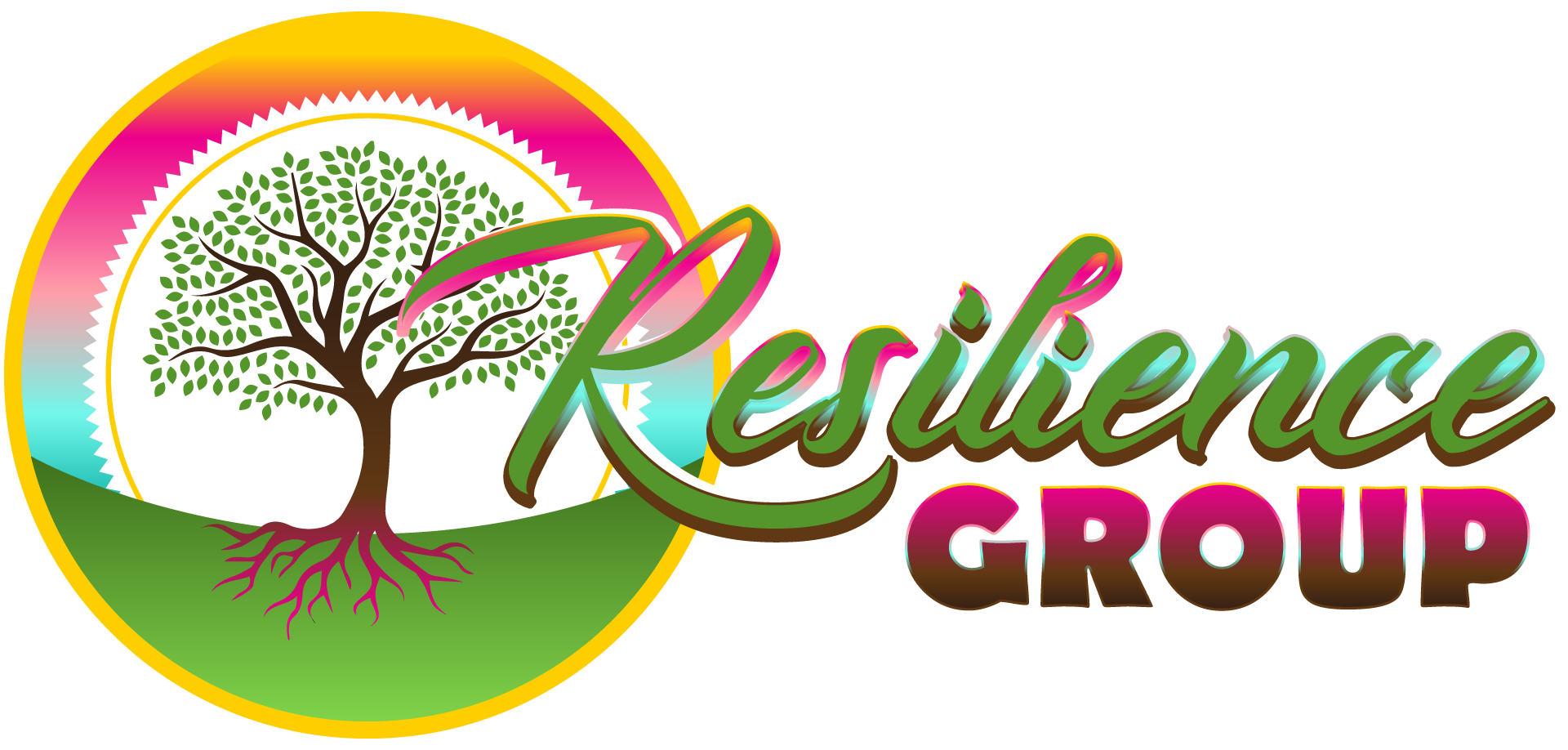Addiction
In a clinical context, addiction is a chronic, relapsing disorder characterized by compulsive engagement in a behavior or substance use despite adverse consequences, loss of control over use, and the presence of craving or withdrawal symptoms. It is recognized as a complex interaction of biological, psychological, and social factors and is classified as a brain disorder.
Key Features of Addiction:
-
Compulsive Behavior: A strong, often overwhelming urge to engage in the addictive behavior (e.g., drug use, gambling) despite recognizing its harmful effects.
-
Loss of Control: Difficulty regulating the frequency, amount, or duration of the addictive behavior or substance use.
-
Continued Use Despite Consequences: Persistence in the behavior despite experiencing physical, emotional, relational, legal, or occupational harm.
-
Tolerance and Dependence:
- Tolerance: Needing increasing amounts of the substance or activity to achieve the same effect.
- Dependence: Experiencing withdrawal symptoms when the behavior or substance is reduced or stopped.
-
Craving: Intense desire or preoccupation with the substance or behavior.
Substance Use Disorder (SUD):
When referring to addiction related to substances, such as alcohol, opioids, or stimulants, the Diagnostic and Statistical Manual of Mental Disorders, Fifth Edition (DSM-5) defines Substance Use Disorder (SUD) as a pattern of use leading to significant impairment or distress, characterized by a range of behavioral, cognitive, and physical symptoms. Severity is categorized as mild, moderate, or severe based on the number of diagnostic criteria met.
Types of Addiction:
- Substance Addiction: Related to drugs, alcohol, or other psychoactive substances.
- Behavioral Addiction: Involving compulsive engagement in non-substance-related activities, such as gambling, internet use, shopping, or gaming.
Causes and Risk Factors:
- Biological: Genetic predisposition, neurochemical imbalances, or changes in brain structure (e.g., reward pathways).
- Psychological: Co-occurring mental health conditions (e.g., depression, anxiety, trauma).
- Environmental: Stressful life events, lack of social support, or early exposure to substance use.

Treatment Approaches:
Addiction is treatable, and recovery often involves a combination of interventions, including:
- Behavioral Therapy: Cognitive-behavioral therapy (CBT), motivational interviewing (MI), or contingency management.
- Medication-Assisted Treatment (MAT): Using medications like methadone or buprenorphine for opioid addiction, or naltrexone for alcohol use disorder.
- Support Groups: Peer-led recovery programs like Alcoholics Anonymous (AA) or SMART Recovery.
- Integrated Care: Addressing co-occurring mental health disorders alongside addiction treatment.
Clinical Recognition:
Addiction is widely recognized as a medical condition requiring a biopsychosocial approach to treatment and recovery. Without appropriate care, it can lead to significant health, social, and economic consequences.
Contact
(435) 313-8533
Location:
Resilience Group
Saint George, UT 84770
In-person and telemedicine available
